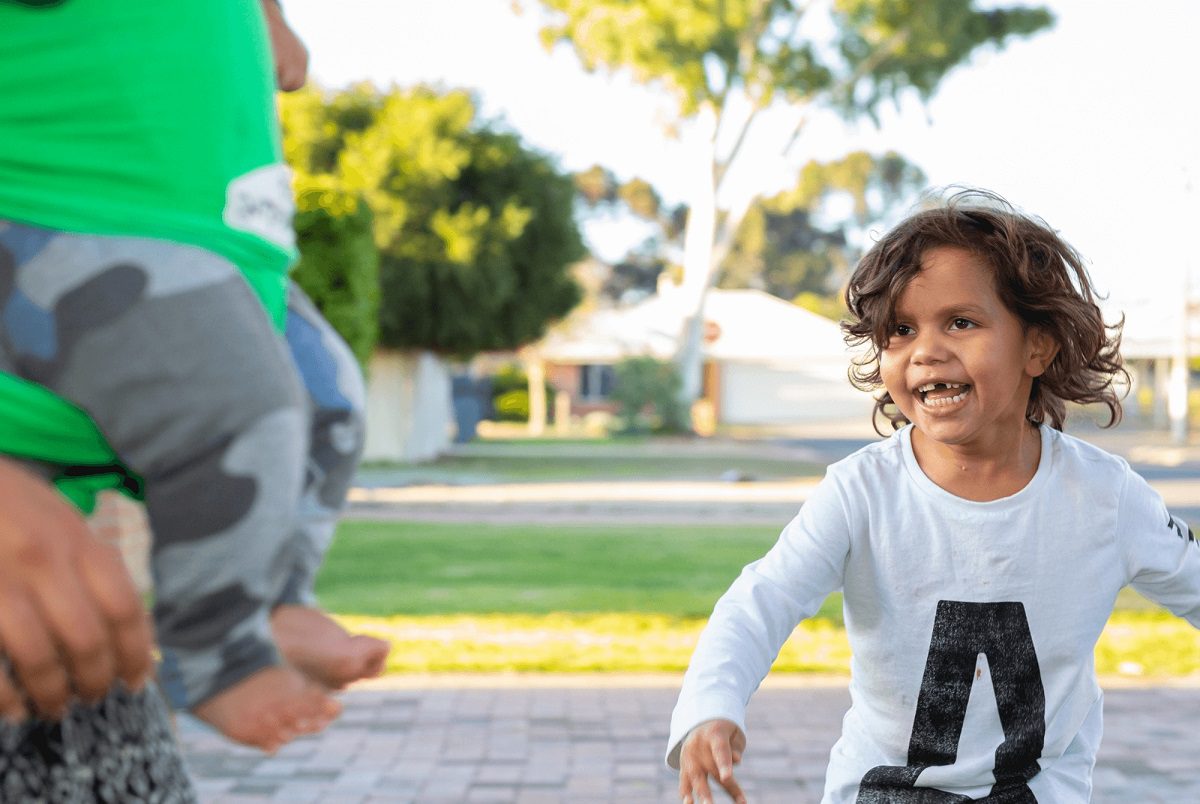Healthy North Coast is proud to announce the third round of the Community Wellbeing and Resilience (CWR) Program, supporting communities on the North Coast in their recovery from the health and wellbeing impacts of natural disasters and to build their capacity to respond to future events.
Not-for-profit community organisations can apply for $100,000 – $200,000 (excluding GST) per year, for up to two years, to deliver programs for the community that focus on:
- Improving community health and wellbeing through practical place-based projects that build social connection and social capital
- Strengthening the capacity of volunteer and community organisations to collaboratively respond to a changing climate by building partnerships and linkages between institutions, organisations or groups
- Supporting resilience by ensuring communities are equipped with the knowledge, skills and resources to adapt to the health and wellbeing impacts of a changing climate.
Building community resilience is fundamental to improving health and wellbeing outcomes in the context of natural disasters and a changing climate. Resilient communities predict and anticipate disasters, respond and recover from the shock and improvise and innovate in response to disasters.¹
Following the Royal Commission into the Victorian bushfires in 2009, it was identified that “Communities that have a large number of informed individuals who work together will be safer and stronger”² – a goal that the CWR Program is similarly aiming for.
Organisations across the North Coast region (Port Macquarie to Tweed Heads) are encouraged to respond to an open Expression of Interest (EOI) to deliver an activity under the 2024 CWR Program.
Monika Wheeler, CEO of Healthy North Coast, acknowledged the impact that the CWR Program has had since its inception in 2021:
“The North Coast of NSW is an identified natural disaster hotspot in Australia. We have experienced the impacts of multiple disasters in recent years, from the bushfires in 2021 to the Northern Rivers floods in 2022.
“Thanks to the CWR Program, we’ve been able to see the transformative impact of community-led initiatives that support recovery from natural disasters and to build resilience for the ones to come.
“I’m thrilled that, off the back of some successful past CWR projects, we can continue this program into 2024. I’d encourage all not-for-profits and NGOs in our region to have a think about how they might be able to make use of this funding to deliver impactful resilience and recovery initiatives for their community.”
Partnerships and trust-building has been embedded into the grant process, otherwise known as participatory grant making (PGM). This innovative approach prioritises community organisations working together to put forward proposals, rather than competing for funds.
Successful applicants of the EOI round will be invited to participate in collaborative face-to-face facilitated workshops, where there will be opportunity to give and receive feedback on proposals/concepts and for peer evaluation.
The tender is currently open, and will close 5pm Thursday 18 April 2024.
There will also be an EOI Briefing Session on Wednesday 3 April at 10-11am via Microsoft Teams. If you would like to register, please email [email protected].
For more information and to submit an EOI, please visit Healthy North Coast’s website.
Additional info:
- The Community Wellbeing and Resilience Program has been able to commission 23 grants since its inception in 2021, with a total value of $5.3 million through Australian Government Department of Health and NSW Government Ministry of Health funding. For a list of some previous grant recipients, and the projects that were delivered, view Healthy North Coast’s website.
- A total of $1 million in funding is available for the 2024 CWR Program, through the Primary Health Network Program – an initiative of the Australian Government.
¹Australian Institute for Disaster Resilience, Australian Disaster Resilience Community Recover Handbook, 2018, 36.
²2009 Victorian Bushfires Royal Commission, Australia, 2009, 354.



